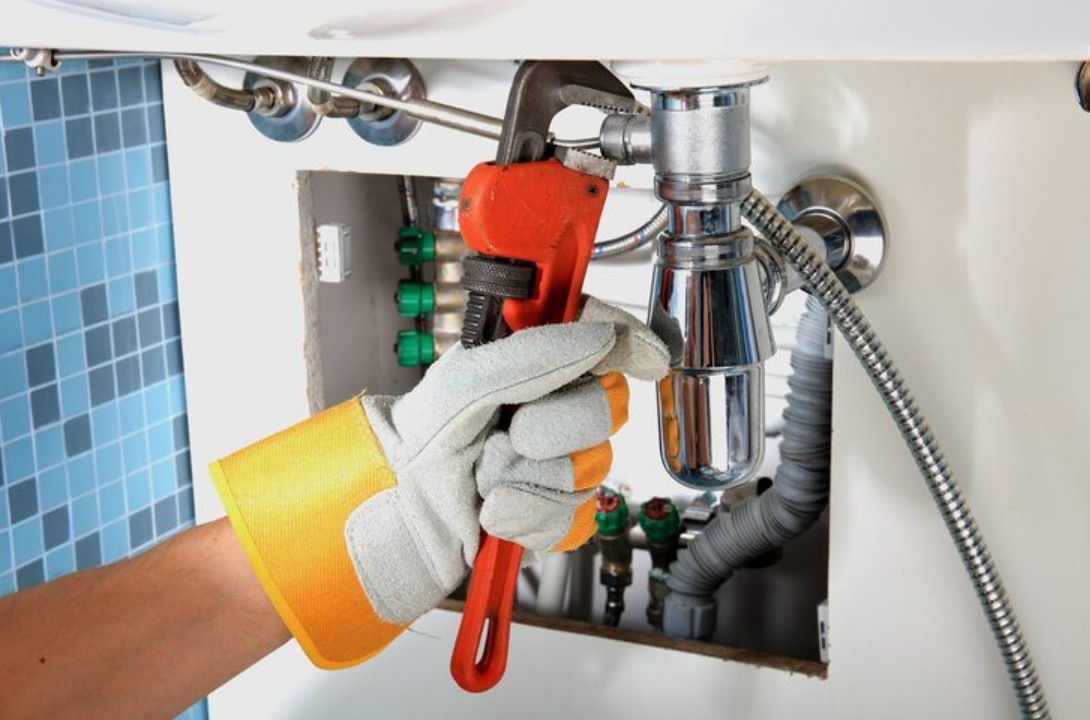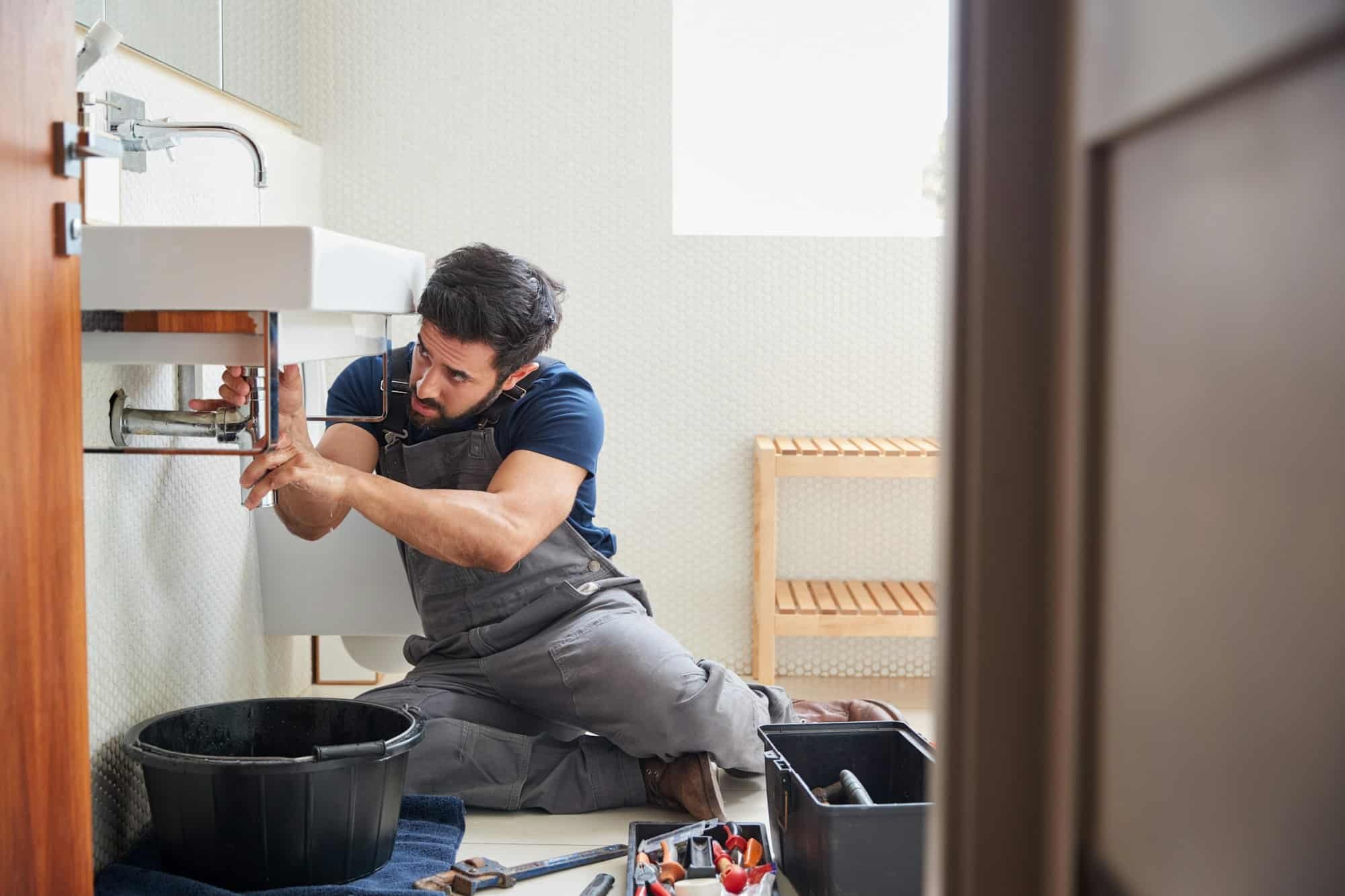Why Every Home Needs a Trusted Plumber

When people think of home maintenance, plumbing isn’t always the first thing that comes to mind, until something goes wrong. Whether it’s a dripping faucet, a clogged toilet, or a burst pipe flooding your basement, plumbing issues can quickly escalate into major problems.
That’s why having a trusted plumber in your contacts list is not just helpful, it’s essential.
In this article, we’ll cover:
-
What plumbers do
-
Common plumbing issues
-
When to call a professional
-
Benefits of hiring a licensed plumber
What Does a Plumber Do?
A plumber is a skilled tradesperson who installs, repairs, and maintains piping systems in residential, commercial, and industrial buildings. While many people think plumbers only deal with toilets and sinks, their work is much broader and more complex.
Plumbers commonly handle:
-
Installation of pipes, fixtures, and appliances (like dishwashers or water heaters)
-
Drain cleaning and unclogging
-
Leak detection and repair
-
Sewer line inspection and repair
-
Water filtration system installation
-
Emergency plumbing services
-
Gas line installation and maintenance (for licensed gas-fitters)
Plumbers ensure water systems run efficiently and safely, which is crucial for hygiene, comfort, and even health.
Common Plumbing Problems at Home
It’s easy to take a home’s plumbing system for granted, until it malfunctions. Here are some of the most frequent issues homeowners face:
1. Dripping Faucets
A minor drip may not seem like a big deal, but over time, it can waste hundreds of gallons of water and spike your utility bills.
2. Running Toilets
A running toilet can waste up to 200 gallons of water per day, often due to worn-out flapper valves or incorrect float height.
3. Low Water Pressure
Low pressure can make showers frustrating and is often a sign of hidden leaks, sediment build-up, or pipe corrosion.
4. Clogged Drains
From hair to grease, many everyday materials can cause blockages. Repeated clogs may indicate a deeper issue in your plumbing.
5. Leaky Pipes
Pipes can crack or deteriorate over time, leading to slow leaks or major bursts. Leaky pipes can cause mold, structural damage, and higher bills.
When to Call a Professional Plumber
While some minor issues can be resolved with DIY solutions, there are times when it’s best (and safest) to leave it to the professionals.
Call a licensed plumber if:
-
You’re experiencing repeated or severe clogs
-
A pipe has burst or is leaking
-
Your water heater isn’t functioning properly
-
There’s no water flow in parts of your home
-
You smell gas or suspect a gas leak
-
You’re remodeling your kitchen or bathroom
-
Water is backing up in your drains
Even if the problem seems small, a professional inspection can prevent future damage and costly repairs.
Why Hire a Licensed and Insured Plumber?
Some homeowners might be tempted to cut corners and hire a cheap handyman or attempt fixes themselves. However, plumbing is a highly technical trade that requires training and licensing. Here’s why you should always hire a qualified plumber:
Knowledge and Experience
Licensed plumbers undergo years of training and apprenticeship. They know how to diagnose and resolve issues correctly the first time.
Proper Equipment
Professional plumbers come equipped with specialized tools for leak detection, pipe inspections, drain cleaning, and more, tools not typically found in a DIY kit.
Code Compliance
Plumbing installations and repairs must meet local building codes. A licensed plumber ensures your home stays compliant and safe, especially during renovations.
Insurance Coverage
Hiring an insured plumber protects you in case of accidental property damage or on-the-job injuries.
Long-Term Savings
While DIY might seem cheaper, improper repairs often lead to bigger problems down the line. A skilled plumber helps prevent recurring issues, saving you money in the long run.
Preventative Plumbing Maintenance Tips
Don’t wait for a plumbing disaster to strike. Routine maintenance can extend the life of your plumbing system and reduce the risk of expensive repairs.
Simple preventative tips:
-
Don’t pour grease or oil down the kitchen sink.
-
Use drain strainers in showers and sinks.
-
Flush your water heater annually to remove sediment.
-
Check for signs of leaks (damp spots, mold, higher water bills).
-
Insulate pipes during winter to prevent freezing.
-
Schedule annual plumbing inspections with a licensed plumber.
Final Thoughts
Every home relies on a functioning plumbing system, and when it fails, the results can be messy and costly. That’s why it pays to have a trusted, licensed plumber you can rely on. From minor leaks to major installations, plumbers play a vital role in keeping our homes safe, clean, and efficient. Whether you’re dealing with a plumbing emergency or planning a renovation, make sure you have a professional plumber on your team.
Also Read: How to Prevent Spine-Related Problems






